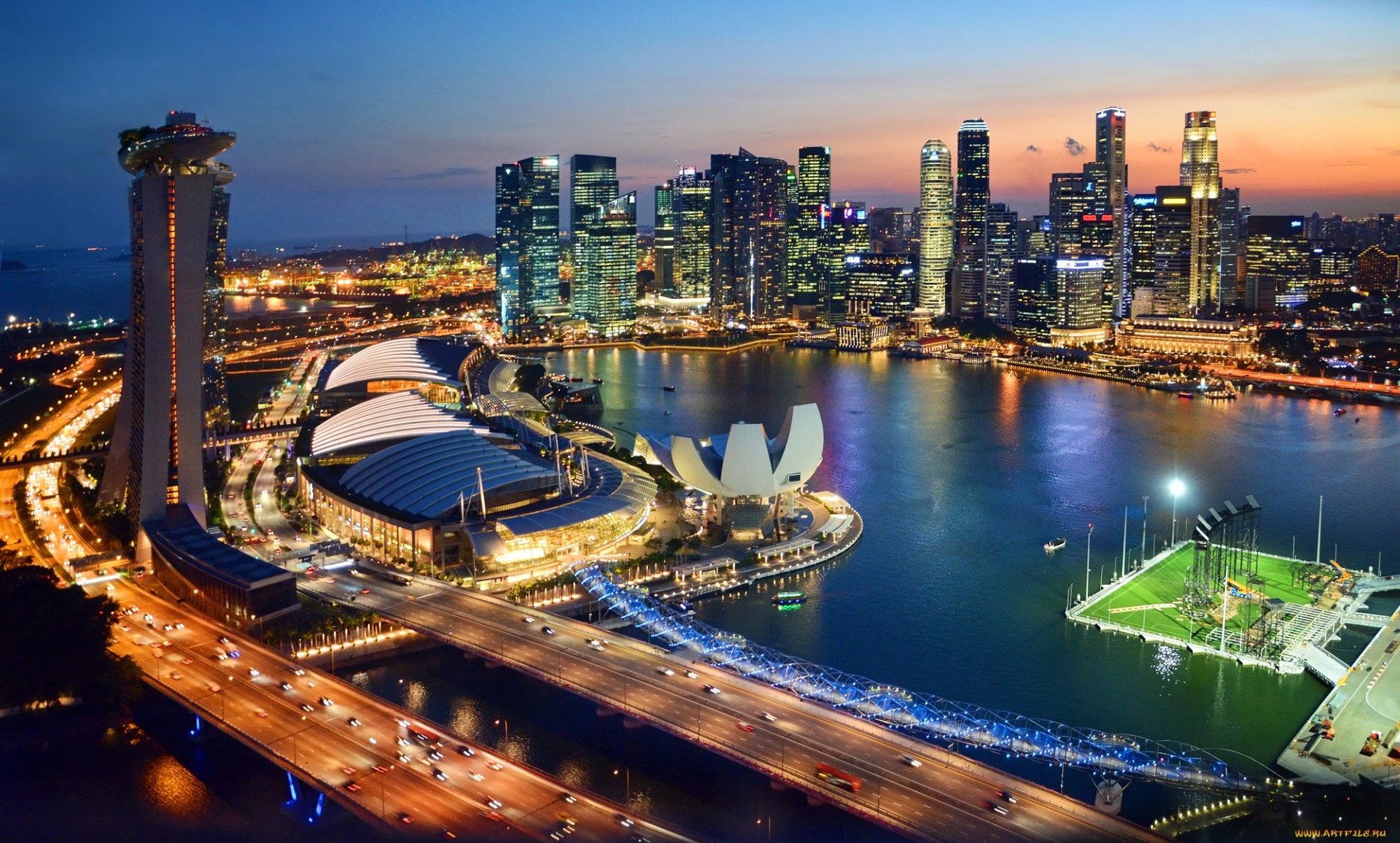Singapore’s market cooling measures have been effective in reducing the prices of HDB flats and private homes over the past few years, but housing costs here are still seen as too high, revealed findings published by a global report last month.
According to the 12th Annual Demographia International Housing Affordability Survey, Singapore has a “seriously unaffordable” rating of 5.0, no change from last year’s survey.
The report used the median multiple indicator, which is the median house price divided by gross annual median household income, to rate housing affordability across 367 cities in nine countries.
A grade of 3.0 and below is considered affordable, 3.1 to 4.0 (moderately unaffordable), 4.1 to 5.0 (seriously unaffordable) and 5.1 and over (severely unaffordable).
Despite being seen as expensive, the report noted that “Singapore has been far more successful in controlling housing affordability than in markets that have followed the British urban containment model”.
Specifically, the HDB was recognized for ramping up the supply of new flats and reducing new home prices.
“One strategy has been to increase what are effectively “across the board” subsidies for all new houses (not counting special grants, such as for first home buyers).
“Should the present policy continue, it is likely that resale house prices will rise slower or even fall in the future, improving Singapore’s housing affordability,” said Demographia.
Eligible first-time buyers of new HDB flats currently enjoy up to $80,000 in housing grants, comprising up to $40,000 in Special CPF Housing Grants and up to $40,000 in Additional CPF Housing Grants.
Meanwhile, Hong Kong has the least affordable housing in the world, with a median multiple of 19.0. This rating is also the highest recorded in the 12 years of the Demographia Survey.
